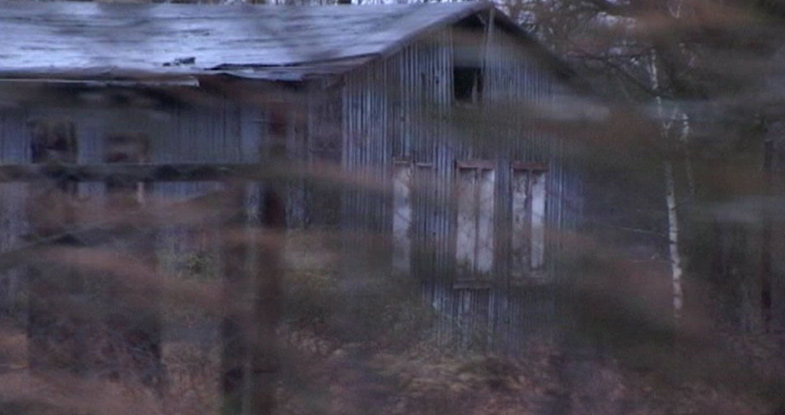The documentary film from 2007 follows the traces of prisoners of war interned in Wünsdorf (Brandenburg) during the First World War – on the basis of voice recordings made under the constraints of the camp.
Today, the “Lautarchiv der Humboldt Universität zu Berlin” contains about 7500 shellac records, wax rolls and audio tapes. Among them are over 1600 photographs from the so-called “half-moon camp” in Wünsdorf near Berlin, where only soldiers of the Muslim faith from areas colonized by Great Britain and France (North Africa, India) are held. On July 13, 1915, the first mosque on German soil was opened here – a calculated act of German foreign policy aimed at encouraging the prisoners to wage “jihad,” or “holy war,” in their colonized countries of origin. At this time, the Ottoman Empire is an ally of the German Empire, and for the latter, Islam represents a possible strategic “weapon” in the fight against England, France and Russia.
The people held here against their will are racialized and exploited over the years by German scientists as “research objects”. Among various other, racist practices, the “Royal Prussian Phonographic Commission” makes voice and singing recordings of prisoners. These were by no means biographical interviews or individual case histories; rather, in many cases, predefined lists of terms had to be spoken. The “theories” constructed from the “evaluation” of these recordings categorize and essentialize the persons concerned and establish arbitrary, racially argumentative connections, for example, between so-called “physical characteristics” and geographical origin.
These recordings form the basis of the “Berliner Lautarchiv”, which is now called the “Lautarchiv der Humboldt Universität zu Berlin”.
Based on on-site research in the sound archives and the town of Wünstorf, filmmaker Philip Scheffner sets out on the trail of Mall Singh, whose voice was recorded in Wünsdorf on December 1, 1916:
“Once upon a time there was a man.
He got involved in the European war.
Germany captured this man.
He would like to return to India.
If God is gracious, He will soon make peace.
Then this man will go away from here.”
The film’s info text states about its content and dramaturgical setting:
“Like a memory game that remains incomplete to the end, he uncovers images and sounds in which the ghosts of the past come to life. The words of his protagonists spiral into one another. Those who pressed the record button on their phonographs, on their photo and film cameras, wrote the official history. Mall Singh and the other POWs from the Crescent Camp have disappeared from this story. Their ghosts seem to play with the filmmaker, to ambush him.
A compilation of scholarly and journalistic texts and discussions of the film and its subject matter can be found here, and information on an accompanying exhibition can be found at this link.
The Halfmoon Files |Directed by Philipp Scheffner |2007 | Documentary | German |87min

